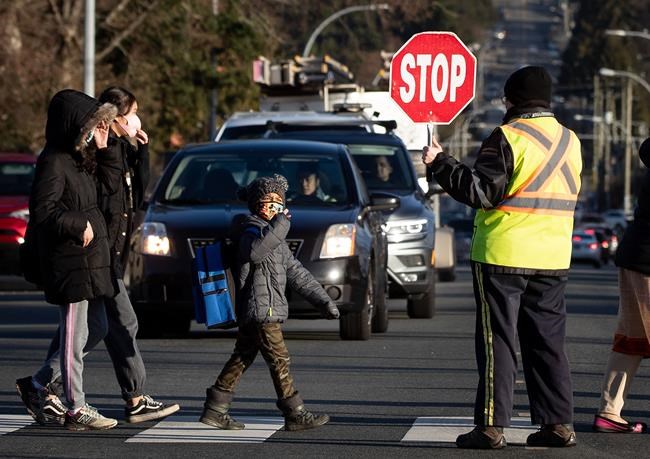Manitoba government reworks education system, eliminates elected school boards
Advertisement
Read this article for free:
or
Already have an account? Log in here »
To continue reading, please subscribe:
Monthly Digital Subscription
$0 for the first 4 weeks*
- Enjoy unlimited reading on winnipegfreepress.com
- Read the E-Edition, our digital replica newspaper
- Access News Break, our award-winning app
- Play interactive puzzles
*No charge for 4 weeks then price increases to the regular rate of $19.00 plus GST every four weeks. Offer available to new and qualified returning subscribers only. Cancel any time.
Monthly Digital Subscription
$4.75/week*
- Enjoy unlimited reading on winnipegfreepress.com
- Read the E-Edition, our digital replica newspaper
- Access News Break, our award-winning app
- Play interactive puzzles
*Billed as $19 plus GST every four weeks. Cancel any time.
To continue reading, please subscribe:
Add Free Press access to your Brandon Sun subscription for only an additional
$1 for the first 4 weeks*
*Your next subscription payment will increase by $1.00 and you will be charged $16.99 plus GST for four weeks. After four weeks, your payment will increase to $23.99 plus GST every four weeks.
Read unlimited articles for free today:
or
Already have an account? Log in here »
Hey there, time traveller!
This article was published 15/03/2021 (1731 days ago), so information in it may no longer be current.
WINNIPEG – The Progressive Conservative government plans to eliminate all but one of Manitoba’s elected school boards, merge school divisions and set up a provincewide education authority.
Education Minister Cliff Cullen said Monday changes to kindergarten to Grade 12 schooling are aimed at cutting $40 million in administration costs and redirecting the money to the classroom.
“Our system has more (school board) trustees per capita than anywhere else in Canada. Our administration expenses as a percentage of costs are higher than most other provinces,” Cullen said.
A bill before the legislature would replace elected school boards in 37 school divisions — every one except the one that governs the French school division. The government says that would make decisions more local and more centralized.
Community councils would be set up at every school to involve parents.
Instead of the school divisions, there would be 15 geographic regions that would each elect one member to a provincial advisory council.
The council would provide input to a new provincewide education authority, which would consist primarily of government appointees. It would set many education policies and centralize collective bargaining, procurement and workforce planning.
The Opposition said the plan would move many powers from the local level to a body controlled by the government.
“If you’re the average parent out there right now, and you have an issue with your kid in school, you can take it up with your local school trustee, ” NDP Leader Wab Kinew said.
“After the new … bill passes, you’re going to have to take it up with (Premier Brian) Pallister.”
The Manitoba School Boards Association said the approach would make it hard for parents to hold people accountable for education decisions.

“Democracy, in every way today, has been snuffed out by this plan,” association president Alan Campbell said.
Cullen could not say how many jobs could be lost by eliminating school division administrations.
The government’s plan includes several other changes, including removing principals and vice-principals from the teachers union.
The changes, expected to be in place by the summer of 2022, follow a review begun in 2019. The province’s lead consultant in that review, Avis Glaze, made similar recommendations in an overhaul of education in Nova Scotia.
This report by The Canadian Press was first published March 15, 2021

